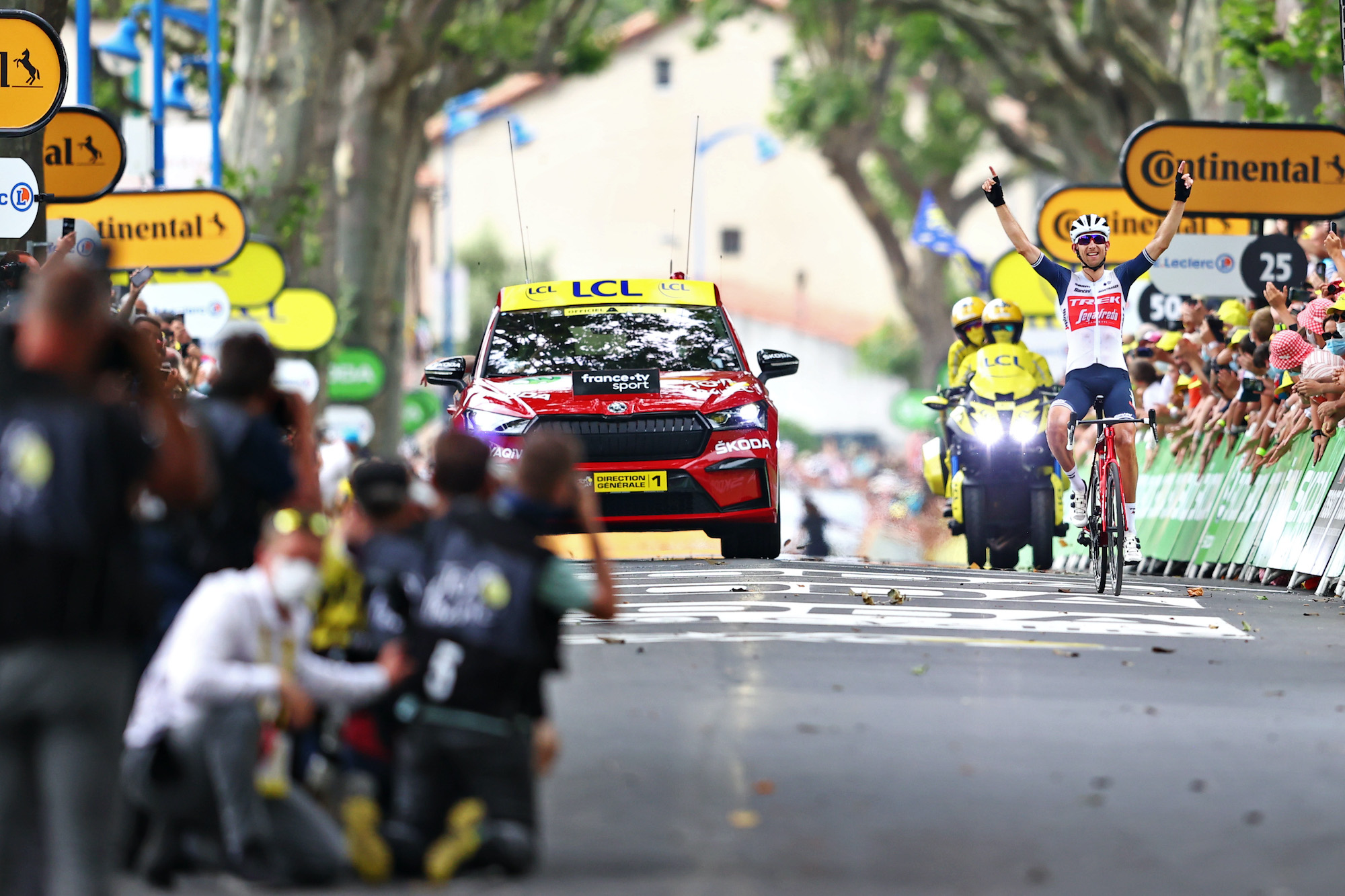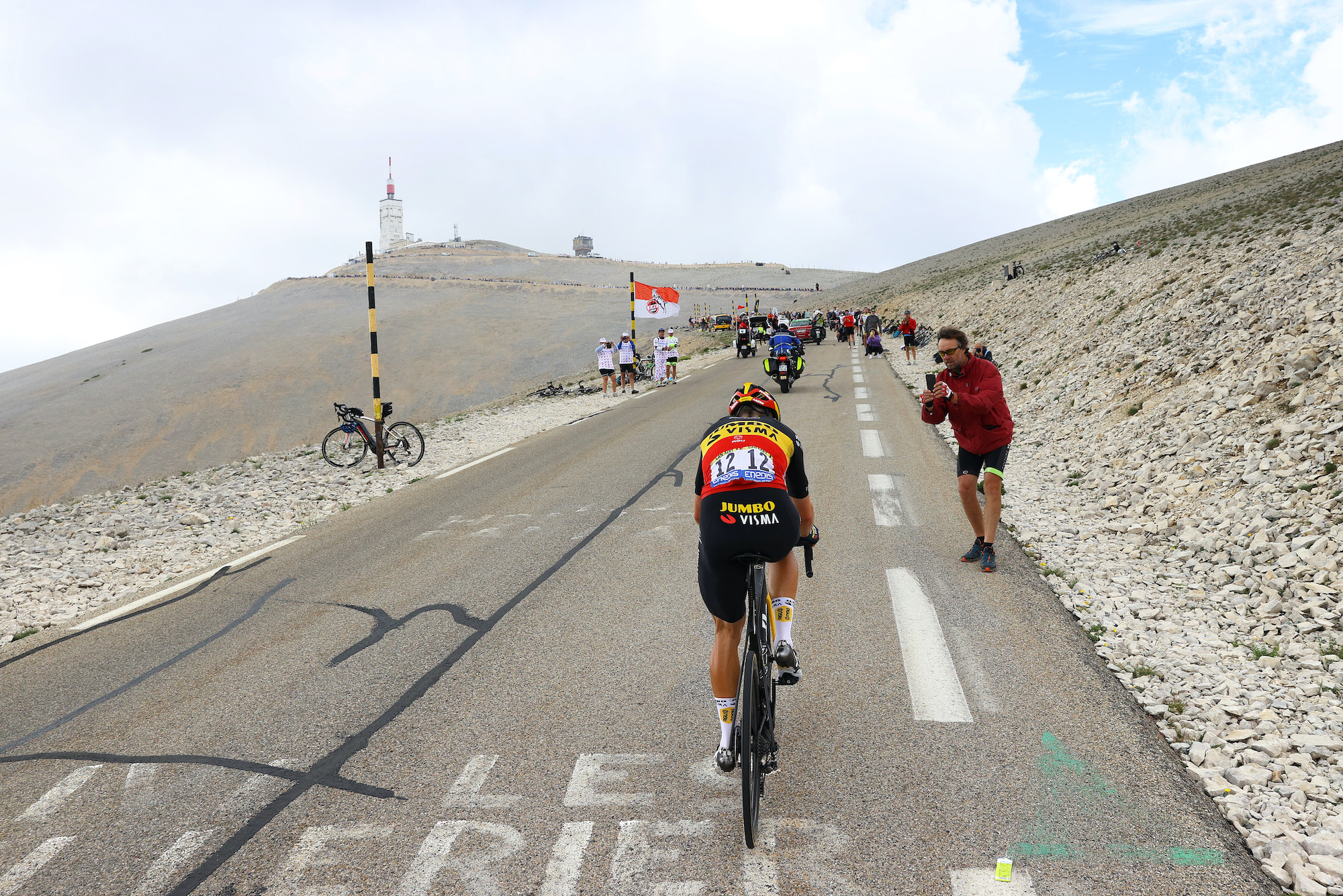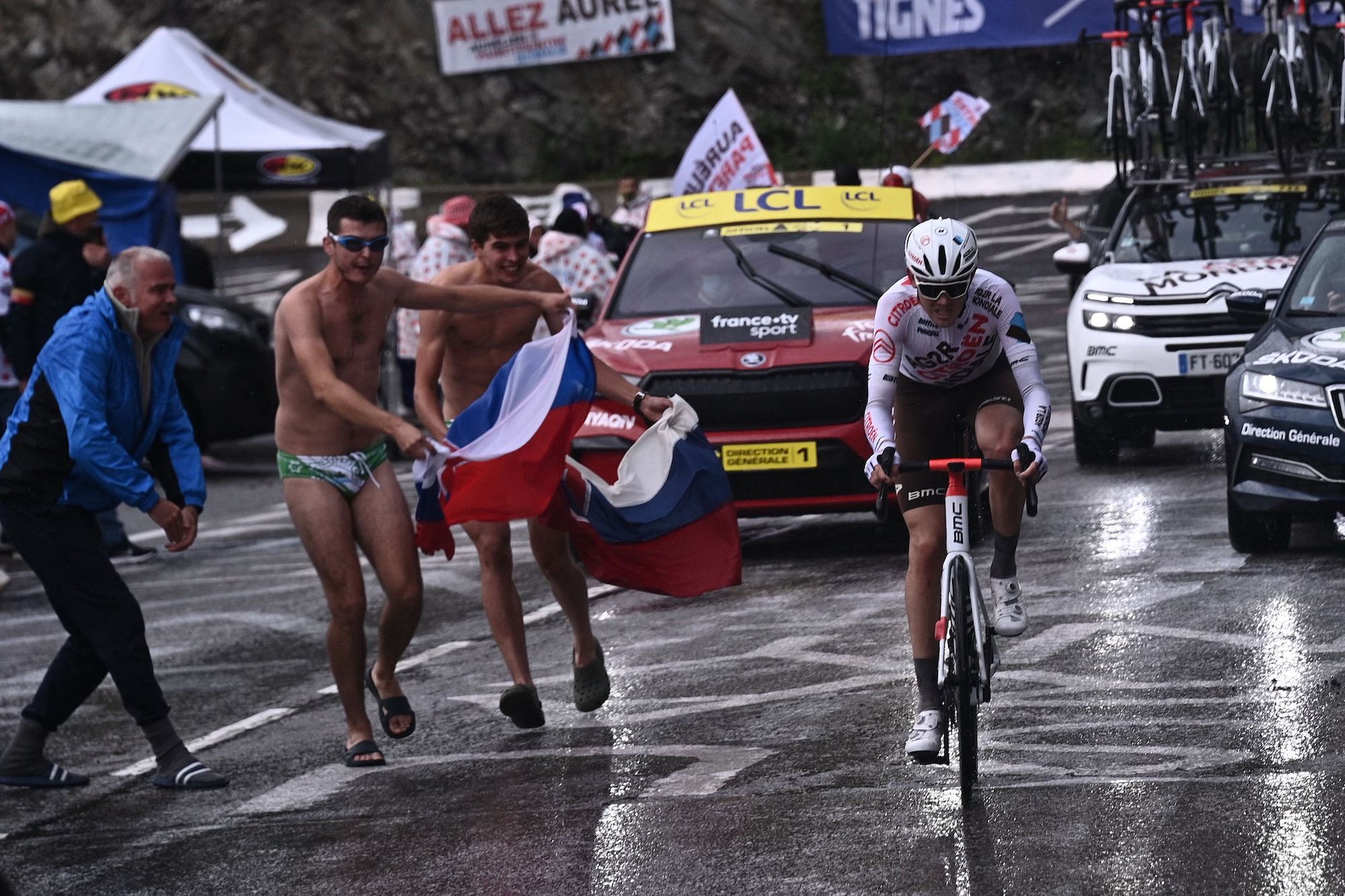Why have there been so many solo stage winners at the Tour de France 2021?
The 2021 Tour de France has seen a higher amount of lone stage winners than recent editions

The latest race content, interviews, features, reviews and expert buying guides, direct to your inbox!
You are now subscribed
Your newsletter sign-up was successful
On the face of it, there was nothing unusual about the finish of yesterday’s Tour de France stage at the summit of the Col du Portet. The familiar hierarchy of GC favourites was formed on the climb, and the best rider in the race, Tadej Pogačar (UAE Team Emirates), outsprinted Jonas Vingegaard (Jumbo-Visma) and Richard Carapaz (Ineos Grenadiers) at the top to take an expected stage victory.
But those who have been following the Tour closely might have noticed that it bucked a trend that has been firmly established over the past three weeks, by becoming the first stage of the race so far to have been decided by a small group sprint.
Prior to that, this Tour had seen five large group sprints (six If you count Mathieu van der Poel’s extraordinary acceleration 750m from the line to win stage two as a ‘sprint’), nine victories from solo attacks, and one time trial, but not a single occasion where a group of breakaway riders duked it out in a sprint.
This is very unusual in recent Tour de France history. The total of nine solo victories is already the most at any Tour de France since the 2015 edition, while each of the last five editions have all had at least three stages end in small group sprints. This year, by contrast, whenever a break has escaped up the road, there’s always been one superior rider strong enough to ride away from the rest.
Another striking thing about all of these solo winners is just how far out they’ve made their race-winning attacks. Excluding the late move from Julian Alaphilippe (Deceuninck-Quick-
Step) to win the opening stage at Landerneau, all of them have occurred before the 10km-to-go banner. Most have come at somewhere between 20km and 15km to go, but Wout van Aert (Jumbo-Visma) on Mont Ventoux and Patrick Konrad (Bora-Hansgrohe) on Tuesday both exceeded 30km, while Bauke Mollema (Trek-Segafredo) spent a whopping 40km out front alone before taking his win at Quillan.

And it’s not as if any of these solo winners have only been hanging by the skin of their teeth. Each has had time to sit up and celebrate upon arriving at the line, with all (save for Alaphilippe) winning with over 20 seconds to spare, and over half of them having over a minute. Ben O'Connor (Ag2r Citroën Team) boasted the biggest margin of all, arriving at the top of Montee de Tignes an enormous five minutes and seven seconds ahead of the second-place finisher.
The latest race content, interviews, features, reviews and expert buying guides, direct to your inbox!
Stage one: Julian Alaphilippe
Stage seven: Matej Mohorič
Stage eight: Dylan Teuns
Stage nine: Ben O'Connor
Stage 11: Wout van Aert
Stage 12: Nils Politt
Stage 14: Bauke Mollema
Stage 15: Sepp Kuss
Stage 16: Patrick Konrad
So what’s the reason for this year’s high ratio of big solo winners to small group sprints? As a trend that only really began at this year’s Tour, it could be that this race is just an anomaly, but it is striking just how much the pattern contrasts with how consistent the stage outcomes were in recent editions. Between 2016-2020, there were never more than seven solo winners and never less than six, and never more than five stages decided by small group sprints and never less than three.
Perhaps what’s happening at this year’s Tour is part of a trend already established in the classics recently. The stunning emergence of a new generation of riders like Mathieu van der Poel (Alpecin-Fenix) and Remco Evenepoel (Deceuninck-Quick-Step) have been ripping up the rule book on how races are won, and have proven that it is possible to win with the kind of bold, long-range moves that until recently would have been brandished as naive. Their rides have demonstrated that if you’re the strongest rider, then you can win a race even from committing to an attack long before received wisdom dictates.

And could the now-widespread use of power meters also have been a cause for this change in approach? What’s notable about all of these solo winners is how none of them have ever looked like faltering at any point, but rather have maintained their power output all the way to the finish. These attacks appear of a much more calculated kind than the doomed, ambitious moves we might have associated with long-range attacks in the recent past, suggesting that the riders making them are very aware of how much power they are capable of producing, and are safe in the knowledge that they have the physiology to make these moves stick.
Whatever the reason for the prevalence of long-range solo winners, all of the bold, triumphant rides we’ve witnessed over the last few weeks prove that, for all the traditionalist laments about the emphasis on data these days, there’s still room in modern cycling for spectacular attacking.
Stephen Puddicombe is a freelance journalist for Cycling Weekly, who regularly contributes to our World Tour racing coverage with race reports, news stories, interviews and features. Outside of cycling, he also enjoys writing about film and TV - but you won't find much of that content embedded into his CW articles.